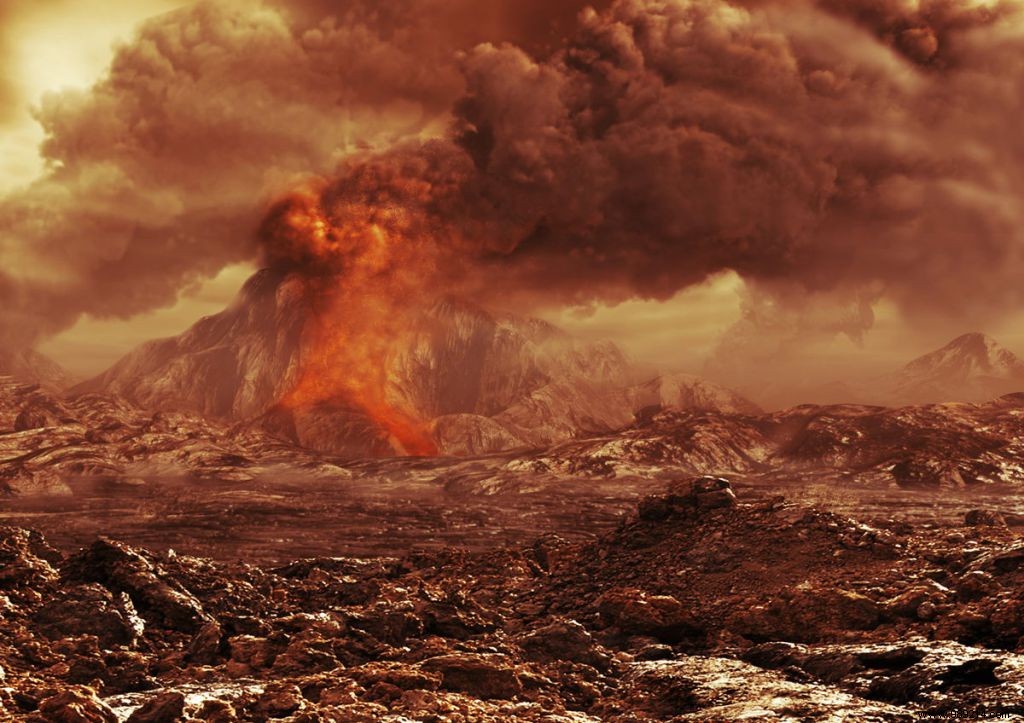NASA just announced the development of not one, but two new missions to Venus this decade. The last time that the American agency rubbed shoulders with the planet closest to Earth was in 1989 with the launch of Magellan.
For the first time in over three decades, NASA will finally return to Venus. And a second time too. Bill Nelson, the new administrator of the agency, has indeed just selected the two Venusian missions finalists of the Discovery program. Developed in the early 90s, this program regularly proposes the development of "low-cost" missions aimed at a very targeted exploration of our system. Among the best known are the MESSENGER, Dawn and Kepler missions.
The two missions are:DAVINCI+ and VERITAS. Both will be developed and launched at the end of the decade for less than $500 million. Their goal will be to "understand how Venus, once welcoming, turned into a hellish world capable of melting lead on the surface" , said the NASA administrator.
The DAVINCI+ mission, launched in 2028, will be the first NASA probe to sample the Venusian atmosphere since 1978. The objective will be to study how it formed and has evolved. This data will tell us if the planet once had an ocean.
This probe will also carry a "descent sphere" that will dive through this thick atmosphere to measure the presence of noble gases and other elements. This little robot will also return the first high-resolution images of Venus's unique geological features known as "tessera", which could be comparable to Earth's continents.
VERITAS, for its part, will map the surface of Venus to determine its geological history. These data will confirm whether processes such as plate tectonics and volcanism are still active on the planet. The mission will be launched in 2030.

Among the other two finalist missions in this program was Io Volcano Observer (IVO) which, as its name suggests, aimed to explore Io, the volcanic moon of Jupiter. The TRIDENT mission, for its part, aimed to map the surface of Triton – Neptune's largest moon – thanks to a single flyby.
The decision to focus on Venus has been welcomed by specialists on this planet who, in recent decades, have felt neglected by an agency visibly more interested in Mars.
“The Venus community is absolutely thrilled and excited and just want to get to work and see this happen” , said Ellen Stofan, the Smithsonian's undersecretary for science and research. “We are all so hungry for data, to advance science. Many of us have worked in this field since Magellan. We've had these really basic science questions for so long." .